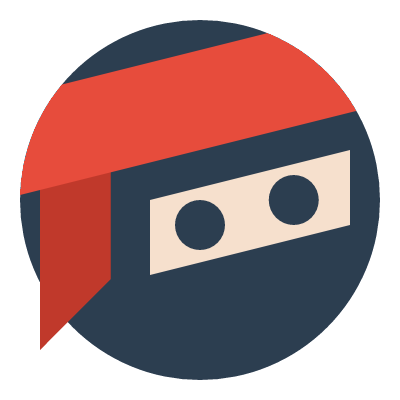
How can I start learning to CODE?
By Jonathan Lam on 12/28/15
Tagged: the-homework-life the-homework-life-great
Previous post: New Storage Structure!
Next post: A Memory Game
The world of code is pretty amazing. Many others in our innovative generation are looking for ways to learn code. I've even had people come up to me — yes, that amateur, introverted, me — to ask how they can start learning code or what they should start out with.
The truth is, it's really not that difficult to find a place to start. From a Google point of view, there's no problem; chances are, you've probably turned to that Google search far before you've reached this, and this will be much less helpful to you. But, as I've said, I'm writing to put my own two cents into it.

Two great general-coding-teaching sites, who have made their name known in the last few years for their popularity, are Codecademy (note the missing "a" in the middle; that had me confused for a while) and Code School. They're both really cool FREE sites with lots of hands-on activities (and lots of painful, repetitive typing, too) to help you learn. In addition, Code School has plenty of videos in addition. Codecademy is the more popular, featuring plenty of activities even without upgrading to Codecademy Pro.
Both of the aforementioned sites focus on web languages, but there are other sites devoted entirely to it. If you haven't noticed, the web is becoming one of the most important driving forces in our lives. From Google's search to Facebook's social media to Uber's sharing economy, our life will never be the same. So how can you get started with those?
Check out W3Schools. When I started out with HTML, this was my greatest help. It's been improving a lot recently, adding official certification in web technologies and interactive activities.
In addition to all of these major languages, CSS, or Cascading Style Sheets is becoming much more prevalent in our world today. CSS adds the style to our applications and webpages, and it's improving to better our program interfaces. CSS Tricks is a great way to learn the coolest effects with CSS (in addition to the basic ones that you can learn on one of the other sites) such as a frosted glass effect or the gooey effect.
Some additional resources I've already mentioned StackOverflow as an indispensable tool to help out in any sort of situation through living, professional programmers. To finish up, I'd like to briefly introduce some programs to help you code.
General purpose text editors These are versatile code editors for any language.
Notepad++ It's light, has syntax highlighting, and got a cool, extremely random logo.
GEdit The default Ubuntu text editor. Very similar to Notepad++, but with fewer features.
Vim A terminal-based editor. It has a high learning curve, but it's worth learning. It's powerful if used well.
Atom I just started using this. It's probably the most powerful of these, and packed with many code-related features. Also can open images.
Language-specific editors These are only for a certain language, with features more directed towards that language
JSFiddle and CodePen Both of these are online "JavaScript playgrounds" that allow for quick and easy HTML, JS, and CSS testing. Sharing is also very easy.
Eclipse A popular IDE (Integrated Development Environment) for one of the most popular languages, Eclipse is a very powerful editor to develop and test Java applications.
This is by no means a complete list (especially because I don't use the popular Mac OS and my knowledge of its applications is very limited — go with the Google search for a richer compilation), but instead what I personally have found helpful and free in my novice coding experience. If you're looking to start coding, I hope this list will help!
